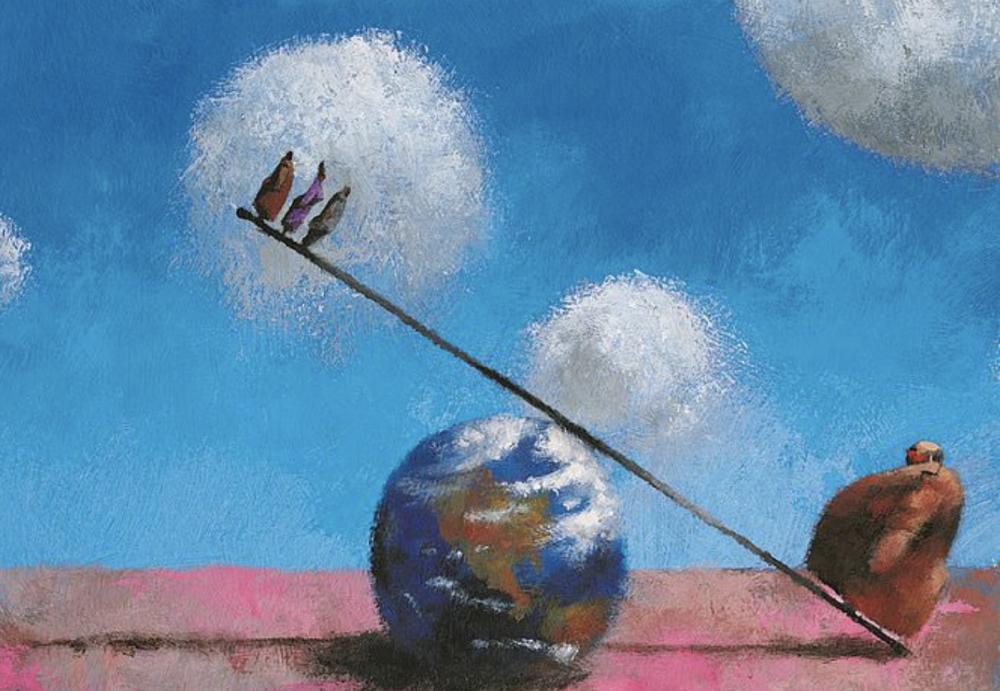Easter week in my faith tradition—Christianity—is rich with questions and necessary introspection.
Jesus Christ is tortured, crucified, and resurrected. Power, the human intoxicant prevailed, at least until “the stone was moved back.” A more intense human drama, swirling around deep religious and temporal cleavages, is hard to imagine. In both human and religious history, there is not a more dramatic context serving up more vital questions.
This week then presents the final chapters: Maundy Thursday, Good Friday and then Easter Day. But, allow me to use this drama to ask other than just religious questions. Questions that are both religious (recurring in most faiths) yet, quite human.
Love is the essence of the Judeo-Christian faith. Divine commandments are clearly stated. Yet we know that humanity has a difficult and, for some, impossible relationship with love. Indeed some who disparage faith, in a divine being, use the impossibility of enduring love as proof of hope over reality.
Christianity recognizes the intractable difficulty and assures us that we can ask for and receive forgiveness when our passions or intellect preempt our devotion. Some, noting the apparent ease of forgiveness, suggest we engage in “cheap grace.” Recall Dietrich Bonhoeffer’s, the German theologian who gave up his life challenging Hitler, words: “Cheap grace is the grace we bestow on ourselves. Cheap grace is the preaching of forgiveness without requiring repentance… Cheap grace is grace without discipleship, grace without the cross, grace without Jesus Christ, living and incarnate.”
I have now strayed into territory that should be left to those who have made faith and its attendant callings their life’s work. Let me instead translate the commandment to love our neighbor as ourselves into a single word: empathy.
What would the United States be like if we had more empathetic capitalism, for example? Does empathy toward employees and customers undermine the profitable provision of products and services? Or does “hard market” capitalism eventually undermine free markets?
Much is written about self-love in the context of helicopter parenting, selfies, narcissistic leaders, celebrities and the like. Love or empathy cannot exist without some level of humility. Only by recognizing our own vulnerabilities can we find genuine, empathetic expression for others.
Can empathy exist when it is largely expressed within an affinity circle? Is empathy simply a tool when expressed by politicians? When self-love is both ascendant and ubiquitous is the culture healthy?
Questions beg questions, but attention spans say wrap it up. So, in this most holy of weeks, in my faith tradition, I simply leave you with questions. But, I would submit, that exploring for answers to life’s most important questions is itself a good journey.
Al Sikes is the former Chair of the Federal Communications Commission under George H.W. Bush. Al recently published Culture Leads Leaders Follow published by Koehler Books.



Ann Holladay says
Al Sikes did a masterful job in representing the essence of the Christian faith. The historian, Toynbe, said that “ people have not rejected Christ but a poor caricature of Him”( paraphrased). I’m grateful that the “ real” Jesus was portrayed in this beautiful and eloquent piece by Mr. Sikes on the occasion of Holy Week and, thank you Talbot Spy for publishing it.